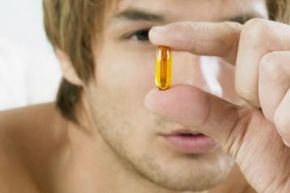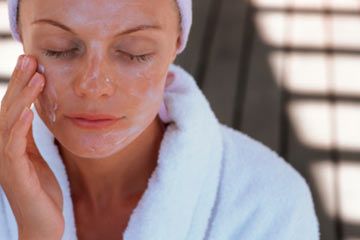You're trying to be healthier so you can live a longer and better quality life. But feeling flush, sweating, experiencing a temperature or even burning easily beneath the sun's rays don't fit into anyone's definition of a good quality of life. It's possible that a supplement is playing a role in your discomfort.
Supplements are often confused with drugs, and yet they're not something you'd use to replace a meal. Still, they fall within the category labeled "foods" and, as the name implies, they're intended to supplement or add to your diet. A drug is anything that is not a food but is intended to affect your body as a preventative mechanism or a cure [source: FDA]. For the most part, the long-term effect of supplements isn't well understood [source: WebMD]. It's common for people to take supplements if they suspect they're deficient in a particular category. Your doctor, for example, may have told you you're not getting enough iron in your diet.
Advertisement
Supplements like alfalfa seeds, which are used to treat high cholesterol and asthma, have been linked to sun sensitivity when taken in high doses [source: Medline Plus]. In addition, the yellow-leafed plant St. John's Wort has the potential to increase susceptibility to harmful effects of the sun. It's often used to treat depression [source: Medline Plus].
Alfalfa and St. John's Wort are examples of products that can increase sun sensitivity. Heat sensitivity can come in other forms, however. You may become feverish, sweaty or you may even develop burning hives as a result of supplementation. Contentions have also been made that some supplements make athletes more susceptible to heat stroke. Click ahead to learn more.
Advertisement


